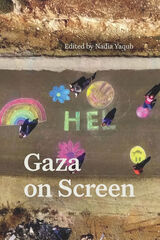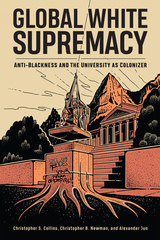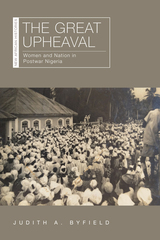7 start with G start with G

Contributors. Nayrouz Abu Hatoum, Shahd Abusalama, Samirah Alkassim, Basma Alsharif, Hadeel Assali, Azza El-Hassan, Hatim El-Hibri, Mohamed Jabaly, Ahmed Mansour, Arab Nasser, Tarzan Nasser, Kamran Rastegar, Viviane Saglier, Abdelsalam Shehada, Yaron Shemer, Rebecca L. Stein, Helga Tawil-Souri, Shaira Vadasaria, Nadia Yaqub

Germany fought three major colonial wars from 1900 to 1908: the Boxer War in China, the Herero and Nama War in Southwest Africa, and the Maji Maji War in East Africa. Recently, historians have emphasized the role of German military culture in shaping the horrific violence of these conflicts, tracing a line from German atrocities in the colonial sphere to those committed by the Nazis during World War II. Susanne Kuss dismantles such claims in a close examination of Germany’s early twentieth-century colonial experience. Despite acts of unquestionable brutality committed by the Kaiser’s soldiers, she finds no direct path from Windhoek, site of the infamous massacre of the Herero people, to Auschwitz.
In German Colonial Wars and the Context of Military Violence Kuss rejects the notion that a distinctive military culture or ethos determined how German forces acted overseas. Unlike rival powers France and Great Britain, Germany did not possess a professional colonial army. The forces it deployed in Africa and China were a motley mix of volunteers, sailors, mercenaries, and native recruits—all accorded different training and motivated by different factors. Germany’s colonial troops embodied no esprit de corps that the Nazis could subsequently adopt.
Belying its reputation for Teutonic efficiency, the German military’s conduct of operations in Africa and China was improvisational and often haphazard. Local conditions—geography, climate, the size and capabilities of opposing native populations—determined the nature and extent of the violence German soldiers employed. A deliberate policy of genocide did not guide their actions.

Junkanoo is the national cultural festival of The Bahamas. It fosters a sense of community pride, identity, companionship, spirituality and unity. Watch a video about Junknoo:
https://www.youtube.com/watch?v=tnMpMesNb1Q&t=14s


Tracing the liberal state structure back to the closing stages of the English Civil War and settlement in North America, it argues that the rise of the English-speaking West has created rivalries between contender states that are never entirely put to rest. With each round of Western expansion, new rivalries are created.
Offering a truly global analysis that covers every area of the world - from Europe and America to China, the Middle East, Latin America and Russia -- he analyses the development of international relations post WWII, and questions whether the neoliberal project and its human rights ideology have collapsed back into authoritarianism under the guise of the 'war on terror'.


READERS
Browse our collection.
PUBLISHERS
See BiblioVault's publisher services.
STUDENT SERVICES
Files for college accessibility offices.
UChicago Accessibility Resources
home | accessibility | search | about | contact us
BiblioVault ® 2001 - 2024
The University of Chicago Press









